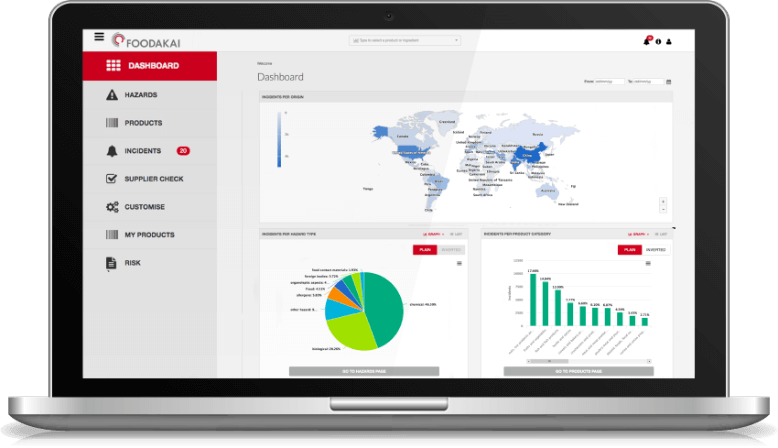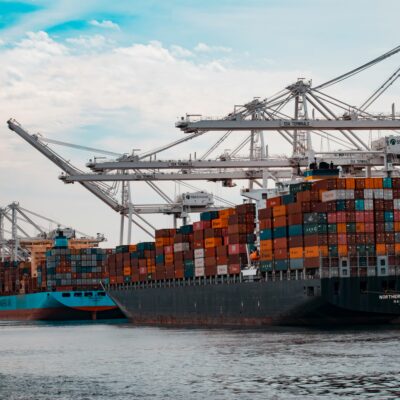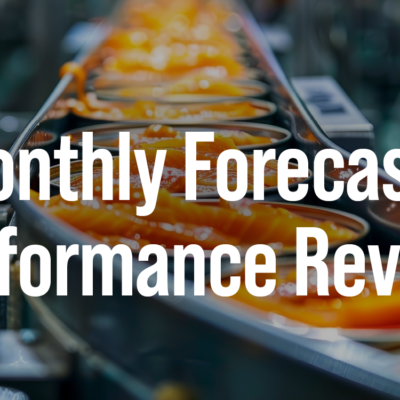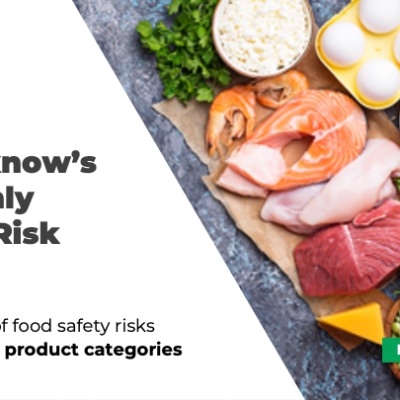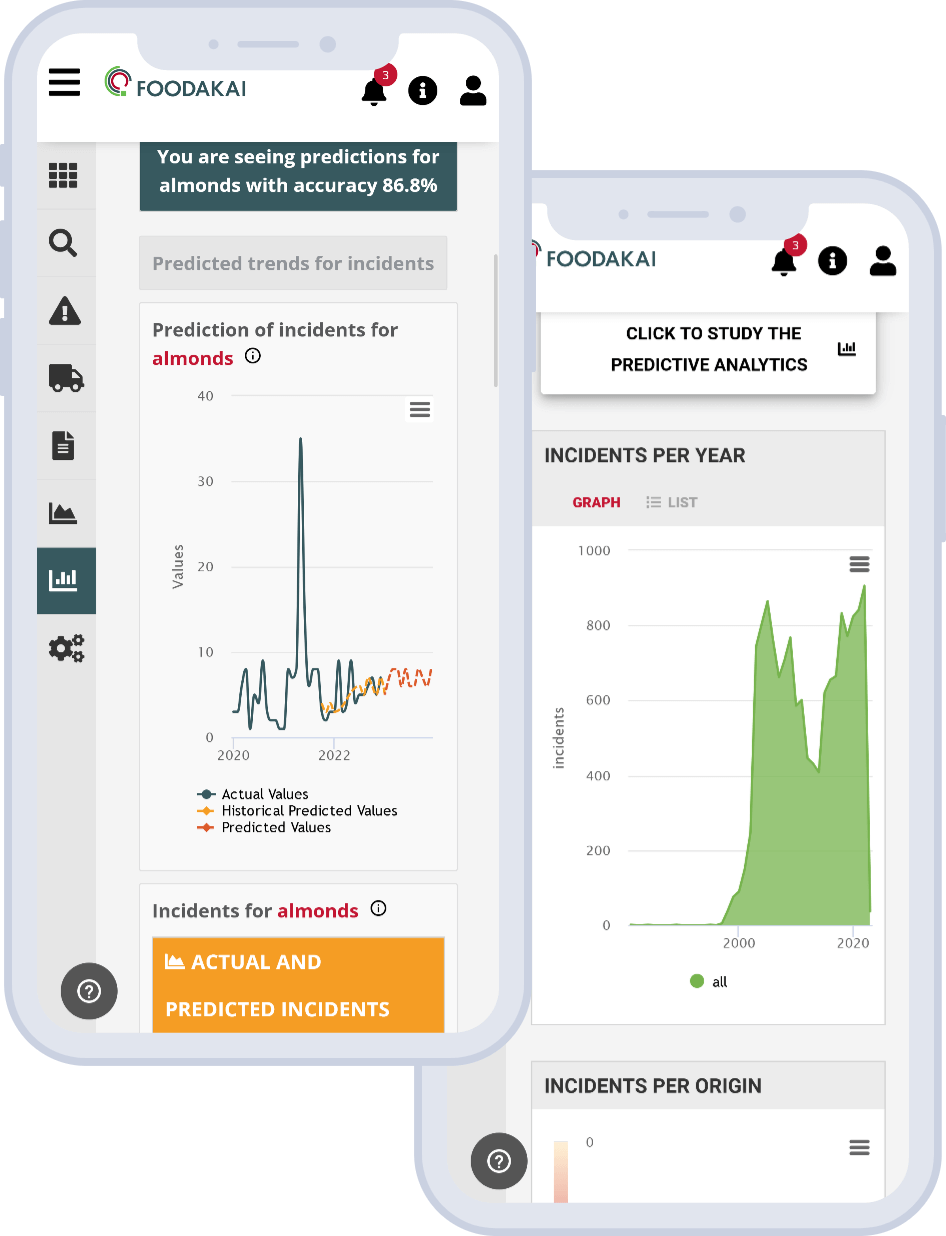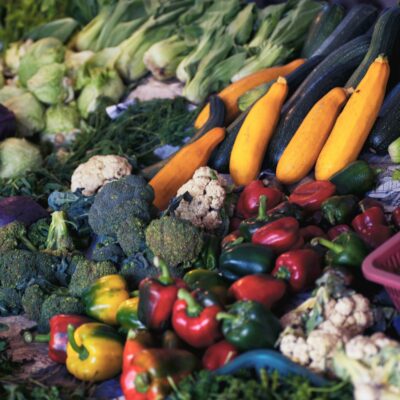
IPPE 2024: AI at the center of food safety
Last week, the Agroknow & FOODAKAI team had the chance to attend the International Production & Processing Expo (IPPE), held in Atlanta, Georgia USA from January 30th to February 1st. The IPPE is the world's largest annual poultry and egg, meat and animal food industry event attended by a wide range of decision-makers both locally and internationally hoping to find solutions for their business, as well as network with other industry experts and educate themselves on the latest technological developments and issues facing the industry.
According to the IPPE’s website, this year the event attracted more than 1,400+ exhibitors and occupied more than 621,000+ square feet of exhibit space with more than 31.000 attendees.
Our team attended the event with our own dedicated booth in the Food Safety Pavilion section of the event, where we had the chance to welcome attendees and discuss all about food safety as well as hold a private workshop about AI and Food Risk Prevention.
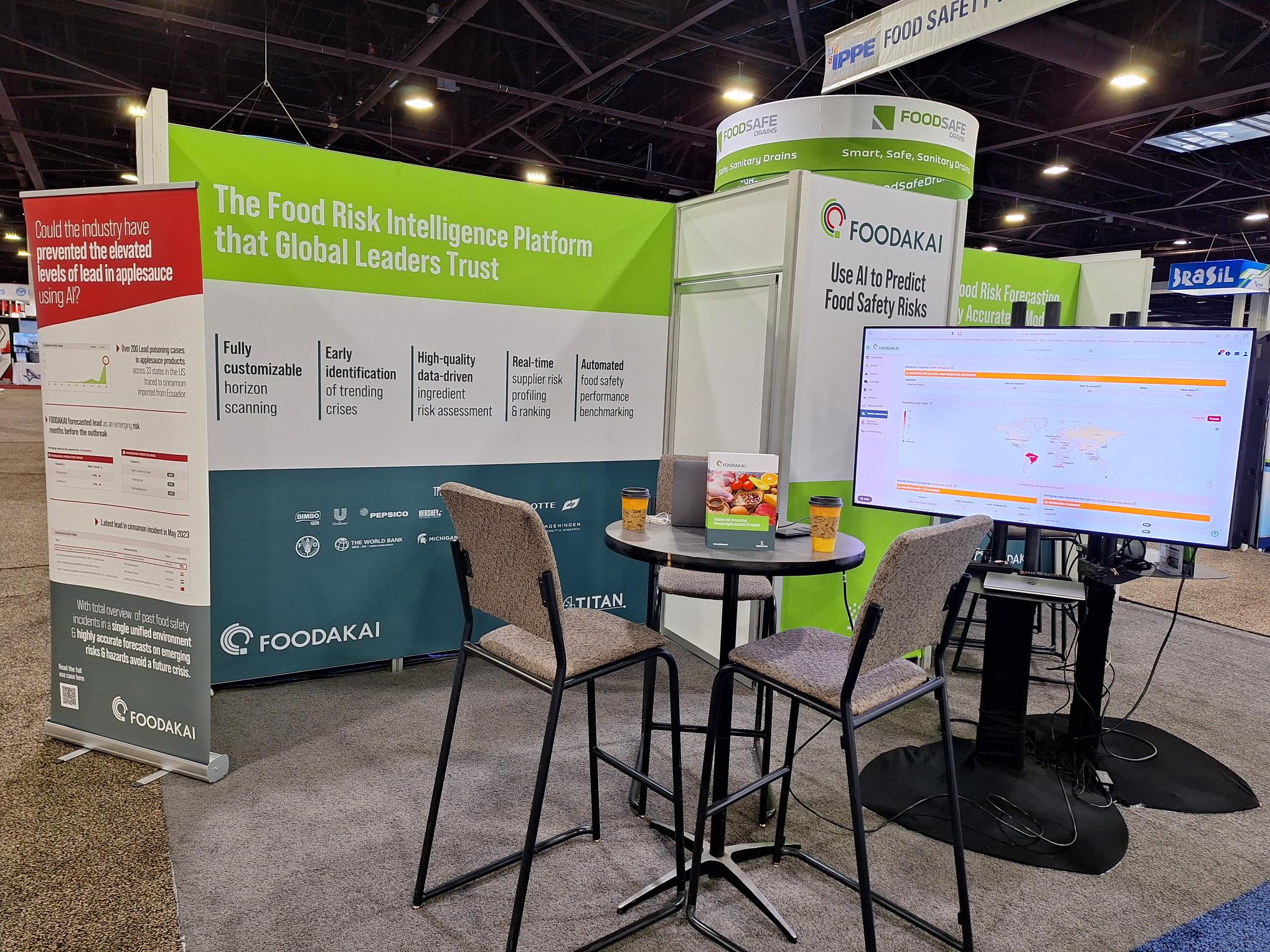
Here’s a few takeaways from the 3-day expo from our discussions with food safety experts & professionals:
- The application of AI in food safety and how FOODAKAI has incorporated such technology as well as predictive analytics for data collection and aggregation and high accuracy forecasting.
- The use of food safety trends and forecasts for monitoring and as critical input to risk assessment and mitigation planning at ingredient, supplier and/or plant level.
- The persistent challenge of digitalization, correlation and harmonization of large amounts of heterogenous data from various sources, many of which are in paper form.
- The difficulty of extracting valuable and actionable insights due to the lack of a centralized or unified approach to data collection and analysis.
- The need for real-time dynamic risk analysis for suppliers to enhance supplier risk assessment that could lead to cost reductions in audits.
- The requirement of elaborate modelling for forecasting the likelihood of specific microbial or chemical contamination as well as for accessing to multiple types and sources of relevant data.
Interested to know more about what we do?
Learn more here.
Want to receive helpful food safety intelligence in your inbox?

